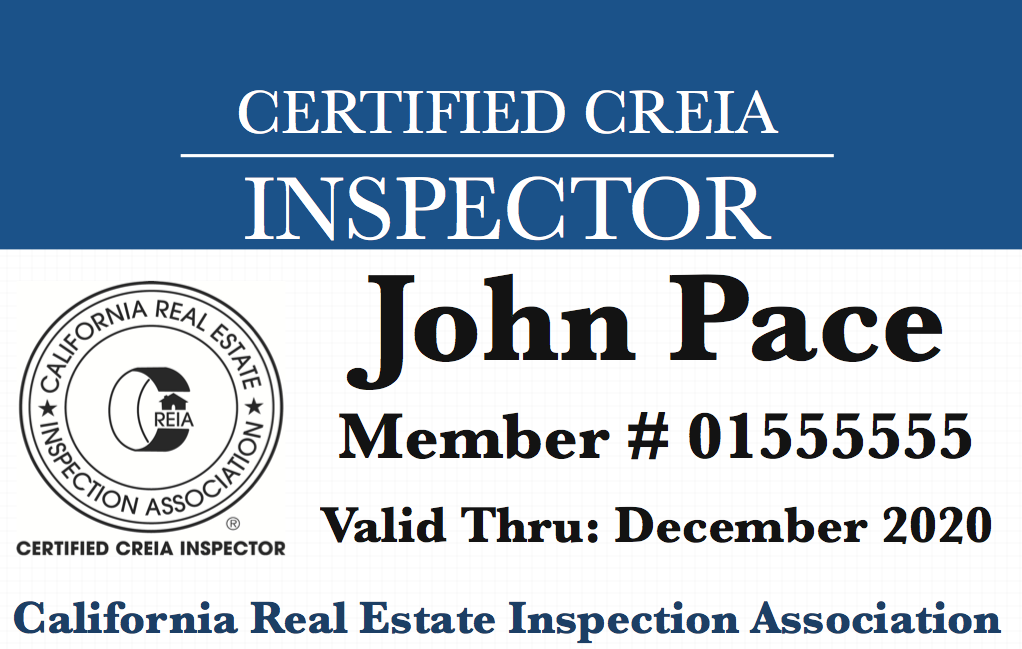Starting That Remodel Now?Starting That Remodel Now? May 2008 (Palm Springs, Calif.) — The construction industry has changed so much over the last 4 or 5 decades. It used to be that trade unions trained and educated their members. Today, unions have become all but extinct in the residential sector of construction. Instead, a worker today gets on-the-job training. They are often taught by someone who in turn was not taught correctly. In some parts of the country the workforce speaks different languages, which further compounds teaching and learning. No wonder construction defect cases are so common. Once a project is completed and the contractor has been paid a homeowner doesn’t have much leverage should a disputed arise. If the contractor refuses to resolve a matter to the homeowner’s satisfaction, arbitration, mediation, litigation or acceptance are the options. However, there is another option: avoidance. Most importantly take care to hire the best, most reliable contractor you can find. Carefully check his/her credentials and insurance and verify his/her track record with other customers. It’s not realistic to think that the lowest bidder will do the best job. Conversely, the highest bidder is not always the best person for the job either. Hiring a contractor is not an easy task and often an enigma to even the savviest of homeowners. Once you have selected a contractor you can take one more step to avoid an unpleasant ending. That is to hire an independent, code certified, experienced real estate inspector to periodically inspect the work as it progresses. Although this may seem redundant since the municipal inspectors inspect the work for code compliance along the way, municipal inspectors have many inspections each day and cannot devote the time to do a thorough inspection; significant defects are often missed. Additionally, it is rare for a municipal inspector to go under a building or in an attic. If the cost for a private inspector to perform periodic inspections as the project progresses is prohibitive, a homeowner should at least hire a private inspector to inspect the project once it is completed and prior to making the final payment to the contractor. This little bit of leverage might prove beneficial in resolving many issues. Established in 1976, CREIA is the largest and oldest state inspection association in the country. CREIA inspectors must adhere to CREIA's Code of Ethics and follow the Standards of Practice developed and maintained by the Association. Recognized by the State of California, these Standards of Practice are considered the source for Home Inspector Standard of Care by the real estate and legal communities. CREIA is dedicated to consumer protection and education. To locate a qualified CREIA inspector near you click here. For the CREIA Press Release Archives click here. |


